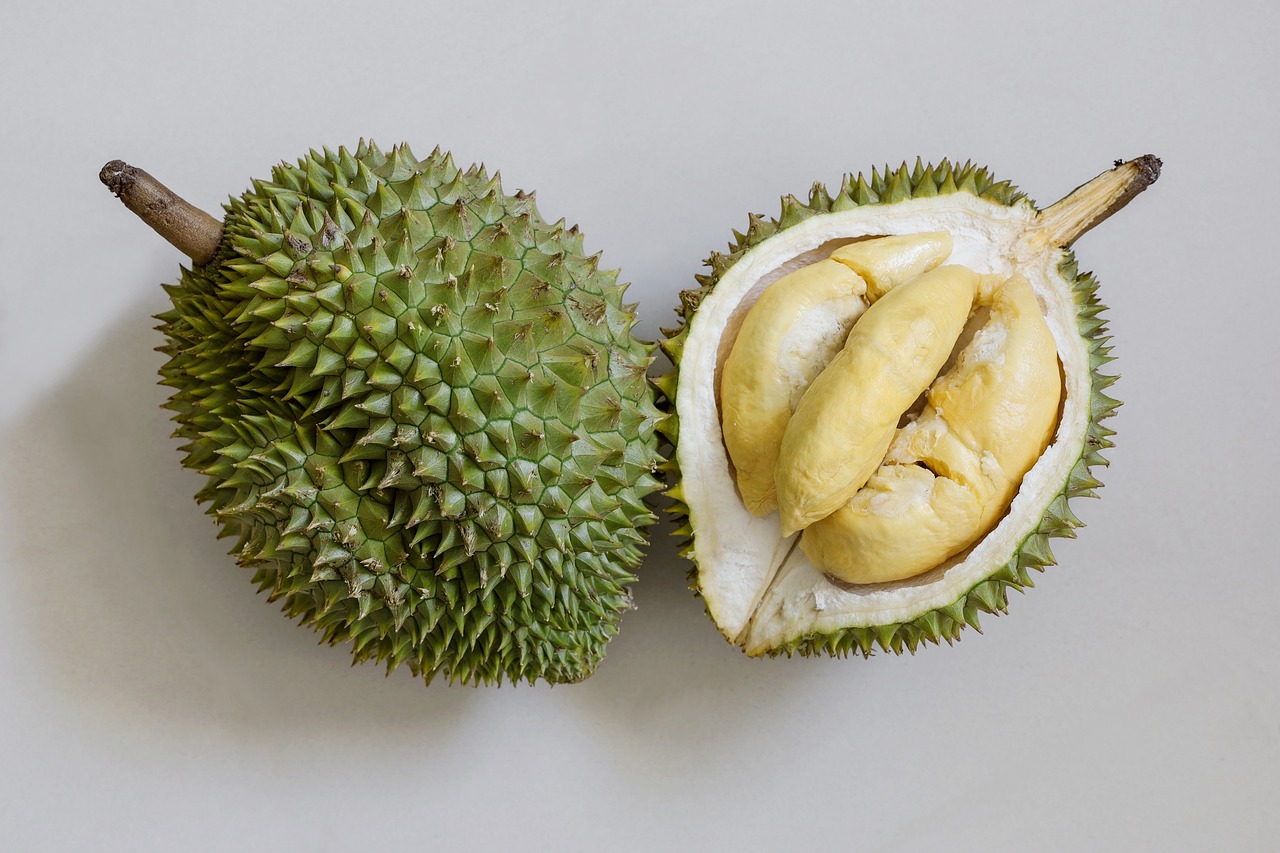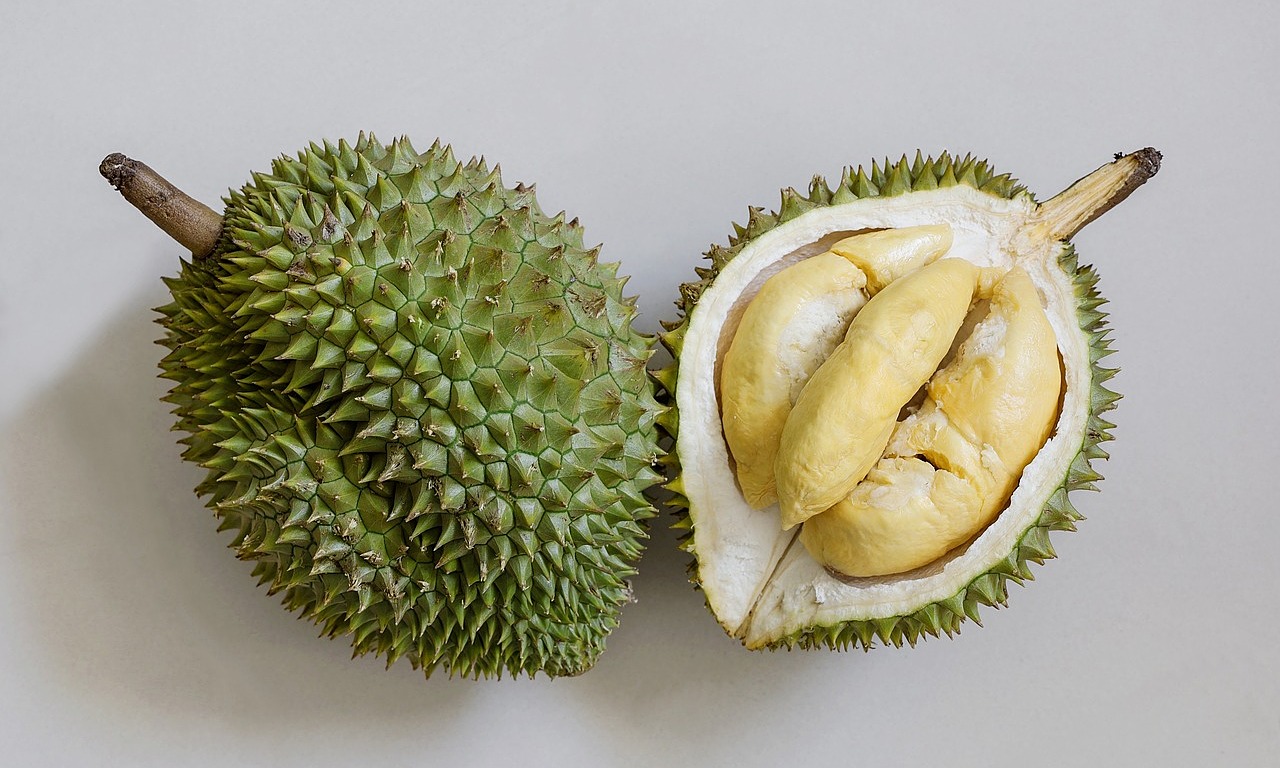Although durian has antioxidant benefits and might offer protection for your liver, eating too much of it could put extra stress on this organ—especially for those who already suffer from liver issues like fatty liver disease.
According to the
U.S. Department of Agriculture
, for every 100 grams of durian, you get approximately 147 calories, 5 grams of total fat, 2 milligrams of sodium, 436 milligrams of potassium, 27 grams of carbohydrates, and 1.5 grams of protein.
It includes a variety of vitamins and minerals such as vitamin C, vitamin B6, iron, and magnesium. Considering its nutrient content, excessive consumption of durian may lead to both beneficial and detrimental impacts on the liver.
Positive effects
Research published in the
European Journal of Integrated Medicine
proposes that durian, especially when ripe, includes bioactive substances such as quercetin, which could potentially assist
protect the liver
Quercetin has demonstrated its ability to enhance liver architecture, facilitate the regrowth of liver cells, and hinder or possibly undo liver fibrosis—the ailment characterized by an accumulation of excessive collagen within the liver.
Moreover, the antioxidants found in durian aid in safeguarding the liver against harm caused by free radicals. Additionally, durian helps replenish glutathione levels, thereby supporting the liver’s detoxification processes and improving its general performance.

|
|
Durian fruit. Stock image courtesy of Pixabay |
Negative effects
Even though durian has many advantageous qualities, it also has some drawbacks.
potential downsides
, especially when consumed excessively. This fruit has a high content of calories, sugars, and saturated fats, which may have adverse effects on liver health if intake is excessive. The
American Liver Foundation
recommends that people with fatty liver disease steer clear of foods high in sugar, fat, and calories, since such items can worsen liver issues. A study by the
World Health Organization
has also demonstrated that consuming large amounts of saturated fats can increase the likelihood of developing insulin resistance and fatty liver disease.
People who have fatty liver disease might find that eating too much durian could hinder their liver’s capacity to break down fats, resulting in inflammation and an increase in fat buildup.
Moreover, mixing durian with alcohol is especially worrisome. According to
Raffles Health
Durian includes a sulfur compound that may hinder the liver’s ability to metabolize alcohol efficiently. Furthermore, when consuming both durian and alcohol, the liver has to manage not only the alcohol but also the sugars and fats present in the fruit simultaneously, which increases the workload on this vital organ. This combination could result in feelings of unease and additional stress for your liver.
At the Raffles Diabetes & Endocrine Center, Principal Dietitian Bibi Chia suggests that people should restrict themselves to consuming only two or three segments of durian daily. Doing so enables them to relish the fruit’s advantages without overwhelming their liver function.







